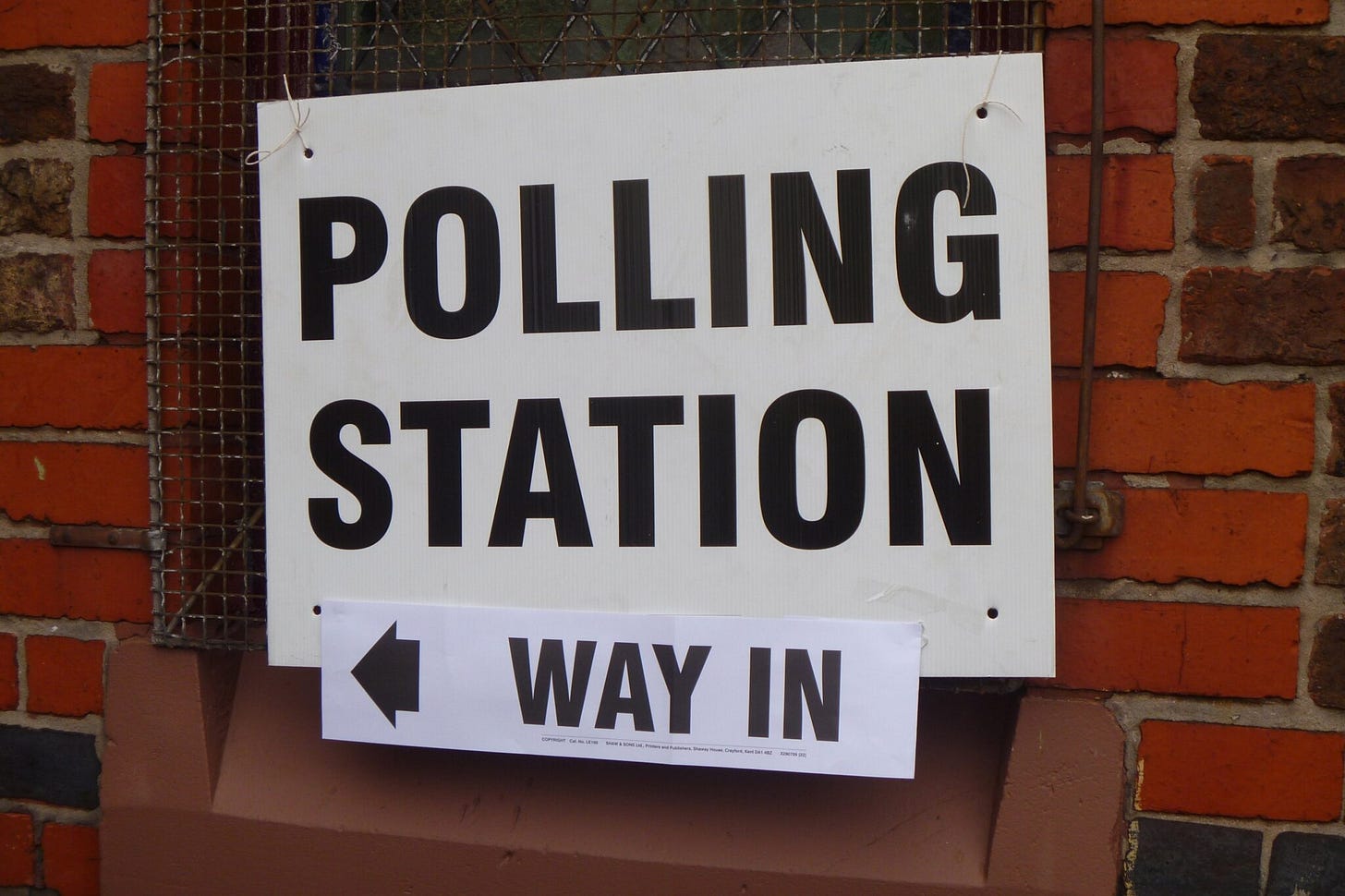Volatile voters, negative partisanship and tactical voting
All these concepts are linked. Except no one seems to be linking them or really examining them.
Have you heard? Voters are more volatile than they have ever been. This isn’t a theory apparently. On every podcast, in every article, on every TV news show it is stated as a matter of fact. It is the reason that Labour managed to overturn the 2019 election so spectacularly. It is the reason that Labour will have a short honeymoon. It is the reason Labour could be a one-term government.
Now, I think Labour would be absolute fools not to act as if they are likely to become quite unpopular quite quickly and get as much done as possible while continually campaigning. Because that’s how I think Labour will get the most from their time in office and ward off the complacency that allowed the Tories’ worst habits to fester and metastasise. So I am not writing this to say “Hey Labour - take it easy!”
I also know that all the people talking of Labour sandcastles and Jenga are a lot cleverer than me with a lot more qualifications. I am not writing this to suggest that I know better. I do not claim to be the little boy pointing out that these intellectual kings are naked. I am writing this because I have seen this theory go from posited to taken as read so quickly that it has left me with questions. And I like questions.
Keep reading with a 7-day free trial
Subscribe to The Political Human to keep reading this post and get 7 days of free access to the full post archives.

